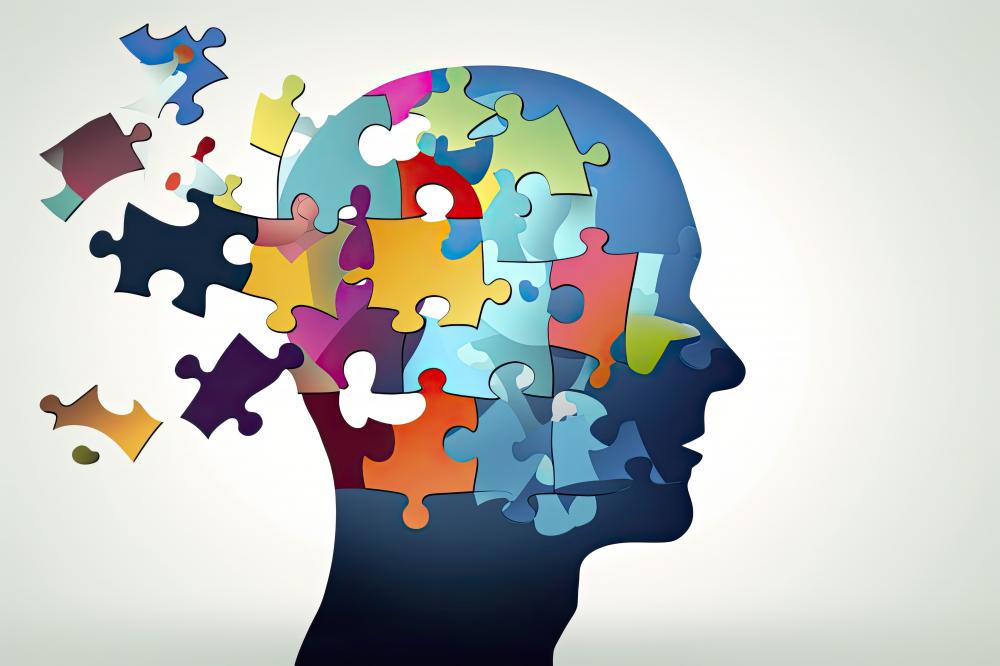
Schizophrenia Rehabilitation Programs
When it comes to addressing severe mental illnesses, the journey towards healing and stability is both personal and complex. A schizophrenia rehabilitation program stands as a lighthouse for those navigating the turbulent waters of schizophrenia, schizoaffective disorder, and related conditions. Alta Loma, nestled in Georgetown, Texas, offers a sanctuary where comprehensive, personalized care meets a commitment to long-term wellness and sobriety.
Personalized Treatment Approach
Understanding the Individual Behind the Illness
Every individual’s experience with schizophrenia is unique, which is why a one-size-fits-all approach to treatment falls short. Alta Loma specializes in a personalized care model that respects the individuality of each person. By carefully assessing each resident’s medical history, symptoms, and personal goals, the program tailors a treatment plan that addresses not just the illness, but the person as a whole.
Integration into Society
One of the primary objectives of Alta Loma’s schizophrenia rehabilitation program is to prepare residents for successful integration into society. By focusing on the development of daily living skills, social interactions, and vocational training, the program aims to empower individuals to lead fulfilling lives beyond the confines of their condition.
Comprehensive Care Elements
At the heart of Alta Loma’s philosophy is a holistic approach to treatment. This encompasses several key components, each designed to support residents in their journey toward recovery and independence.
- Cognitive Behavioral Therapy (CBT): A cornerstone of psychiatric treatment, CBT helps residents challenge and overcome harmful cognitive distortions and behaviors.
- Nutrition Planning: Recognizing the profound impact of nutrition on mental health, Alta Loma includes dietary planning as an integral part of the treatment process.
- Medication Management: A dedicated medical team ensures that each resident’s medication regimen is optimized to reduce symptoms while minimizing side effects.
- Recreational Therapy: Engaging in physical activities and hobbies encourages positive lifestyle changes and helps residents find joy and purpose.
- Community Integration: By fostering connections with local communities, Alta Loma supports residents in rebuilding their social networks and finding a sense of belonging.
Unique Aspects of Alta Loma
What sets Alta Loma apart is not just its serene location or comprehensive treatment modalities, but its unwavering commitment to the individuals it serves. The emphasis on creating a structured yet flexible environment ensures that each resident receives the support and guidance necessary for real, lasting change.
The Role of Family in Recovery
The journey through a schizophrenia rehabilitation program is not a solitary one. Alta Loma actively involves families in the treatment process, offering education, support, and therapy options to help rebuild and strengthen these crucial relationships. The role of the family in recovery is celebrated as an essential component of sustainable wellness.
Overcoming Challenges Together
Support Networks and Peer Connections
Alta Loma understands the power of peer support in overcoming mental health challenges. By facilitating group therapy sessions and community activities, the program helps residents form meaningful connections with others who share similar experiences, fostering a sense of camaraderie and mutual support.
Navigating Life Transitions
Life after diagnosis can be fraught with uncertainty. Alta Loma’s schizophrenia rehabilitation program focuses on helping residents navigate these transitions, offering tools and strategies for managing symptoms, building resilience, and pursuing goals that were once thought unattainable.
Innovation in Treatment
Staying at the forefront of psychiatric care means continually embracing new methodologies and treatments. Alta Loma prides itself on incorporating innovative approaches, such as cognitive enhancement therapy and advancements in medication management, to offer the best possible outcomes for residents.
Lasting Impact of Care
A Foundation for the Future
Graduates of Alta Loma’s schizophrenia rehabilitation program carry with them not just the skills they’ve learned but a renewed sense of hope. The program’s dedication to creating a strong foundation allows individuals to look toward the future with confidence, equipped with the tools needed for long-term success and mental health stability.
Empowerment Through Understanding
Education plays a critical role in the rehabilitation process. By demystifying the condition and its treatment, Alta Loma empowers residents to take an active role in their recovery, fostering a mindset of self-advocacy and informed decision-making.
A Beacon of Hope and Healing
In the complex landscape of mental health recovery, Alta Loma represents a beacon of hope and healing. For those seeking a schizophrenia rehabilitation program that offers personalized care, comprehensive support, and a pathway to a brighter future, Alta Loma stands ready to make a profound difference in their lives and the lives of their families.

What is the rehabilitation plan for schizophrenia?
Our rehabilitation plan for schizophrenia is designed around the individual needs of each resident. It involves a multilayered approach that addresses not only the psychiatric symptoms but also the emotional, social, and vocational aspects of the individual’s life. The cornerstone of our approach includes cognitive behavioral therapy, medication management, nutritional planning, recreational therapy, and community integration efforts. We believe in empowering our residents with skills and coping strategies that facilitate their successful reintegration into society, leading to a fulfilling and independent life.
Is there rehab for schizophrenia?
Absolutely, there is rehab for schizophrenia, and it plays a crucial role in the recovery and management of the condition. Rehabilitation programs like ours focus on long-term treatment and support, providing individuals with the tools they need to manage their symptoms, improve daily functioning, and enhance the quality of their lives. Rehabilitation isn’t just about managing symptoms with medication; it’s also about therapy, learning life skills, and social integration to help individuals lead more stable and satisfying lives.
What is the best therapy for schizophrenia?
The best therapy for schizophrenia often involves a combination of treatments tailored to the individual’s needs, but cognitive behavioral therapy (CBT) is widely recognized as one of the most effective. CBT helps individuals challenge and change negative thought patterns and behaviors related to their condition, thereby reducing symptoms and improving function. Additionally, innovative treatments and personalized care plans, which may include vocational training and social skills development, are fundamental in supporting individuals in their recovery journey.
What support is available for people with schizophrenia?
People with schizophrenia have access to a wide range of support, including medical treatment, psychotherapy, rehabilitation programs, and community resources. At our facility, we offer comprehensive care that encompasses medication management, individual and group therapy, lifestyle and nutritional guidance, and support for integrating back into the community. We also involve families in the treatment process, providing them with the education and support needed to help their loved ones. Beyond our walls, local and national organizations offer resources, support groups, and advocacy opportunities for individuals and families affected by schizophrenia.
How does educating people with schizophrenia empower them in their recovery?
Educating people with schizophrenia is a critical component of empowerment, enabling them to actively participate in their recovery process. Through education, individuals learn about their condition, treatment options, and how to manage symptoms effectively. This knowledge fosters self-advocacy and informed decision-making, which are essential for navigating the challenges of living with schizophrenia. Moreover, education can demystify the condition, reduce stigma, and encourage a more positive outlook on recovery. By understanding their illness and how to manage it, individuals are better equipped to set realistic goals and work towards them, enhancing their sense of agency and hope for the future.






